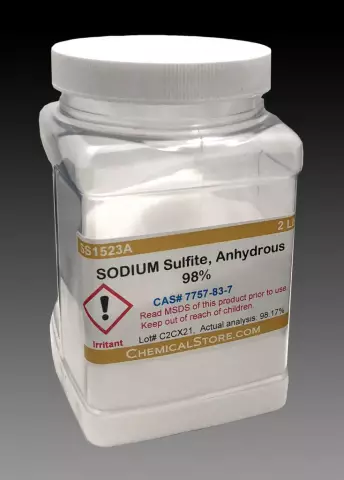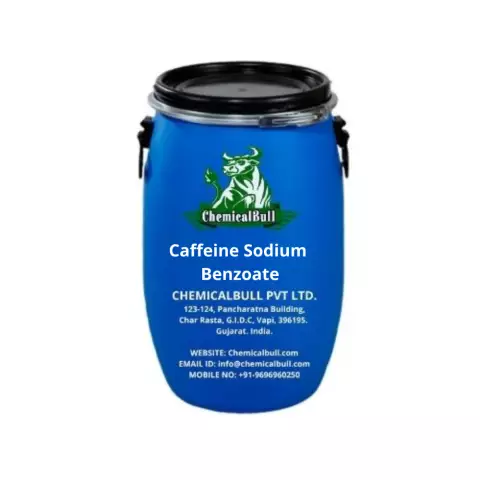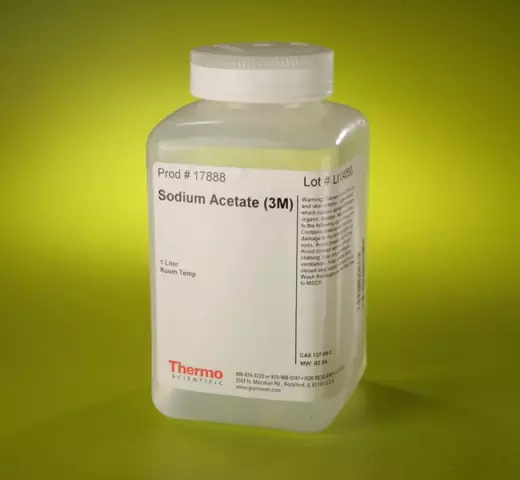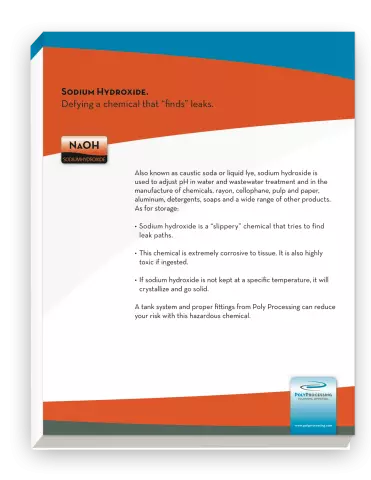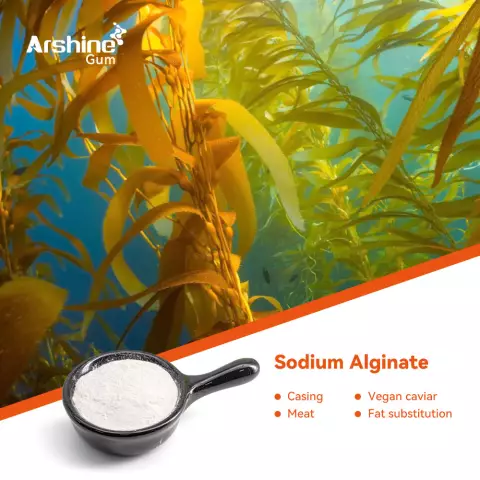- Author Rachel Wainwright wainwright@abchealthonline.com.
- Public 2023-12-15 07:39.
- Last modified 2025-11-02 20:14.
Sodium sulfite
Sodium sulfite is a synthetically formulated preservative used in food, pharmaceutical and light industries.
On food labels, sodium sulfite is listed as E221. Another common name for the preservative is Sodium Sulphite. The chemical formula of sodium sulfite is Na2SO3.
Sodium sulfite additive is officially allowed to be used in the food industry in the countries of the European Union, Russia, and Ukraine. A prerequisite is the use of a preservative within acceptable limits.
In Russia, the daily intake of sodium sulfite is 0.7 mg / kg of human weight.
In its pure form, sodium sulfite looks like a white powder. It is soluble in water and alcohol. E221 does not dissolve in fats.
Application of sodium sulfite in the food industry
First of all, sodium sulfite is a preservative, but in the food industry it is also used as a bleach, antioxidant, refrigerant, and reducing agent.
E221 is indispensable for the production of large quantities of marmalade, marshmallow, preserves, marshmallows, marmalades, jam, juices and purees from fruits and berries, semi-finished berry products, vegetable puree.
Sodium sulfite solution is used for processing whole and cut fruits, dried fruits in preparation for their sale.
The additive is also used by manufacturers of semi-finished products from mushrooms and potatoes, fruits and vegetables, fruit extracts with a gelling effect, ice cream, canned and dry fruits and vegetables.

Sodium sulfite is used for the production of jam with a minimum sugar content, confectionery, sweets, canned food from salted, dried fish and crustaceans cephalopods, sausages.
The use of sodium sulfite helps to prevent browning of fruits and vegetables, the appearance of bacteria in raw materials for food production.
Sodium sulfite is also actively used by winemakers. The E221 additive improves the resistance of an alcoholic beverage to the effects of pathogenic microorganisms, preserves the color of the raw material, improves the reduction and oxidation potential of the finished wine.
The harm of sodium sulfite
Sodium sulfite in large quantities exceeding the norm is dangerous to humans. It is undesirable to inhale, swallow, or apply E221 additive to the skin and eyes.
There are cases when an overdose and individual intolerance to sodium sulfite led to renal failure, the development of an asthmatic attack, a violation of water-salt metabolism, the appearance of an allergic reaction, and gastrointestinal diseases.
With the systematic use of sodium sulfite, a person loses vitamins B1 and E.
Children should not be given foods that are processed or contain sodium sulfite.
It should also be borne in mind that under the action of acids, sodium sulfite is converted into sulfur dioxide, which is classified as a substance of the third class of hazard to the human body.
Found a mistake in the text? Select it and press Ctrl + Enter.

